
下载亿题库APP
联系电话:400-660-1360

下载亿题库APP
联系电话:400-660-1360

请谨慎保管和记忆你的密码,以免泄露和丢失

请谨慎保管和记忆你的密码,以免泄露和丢失
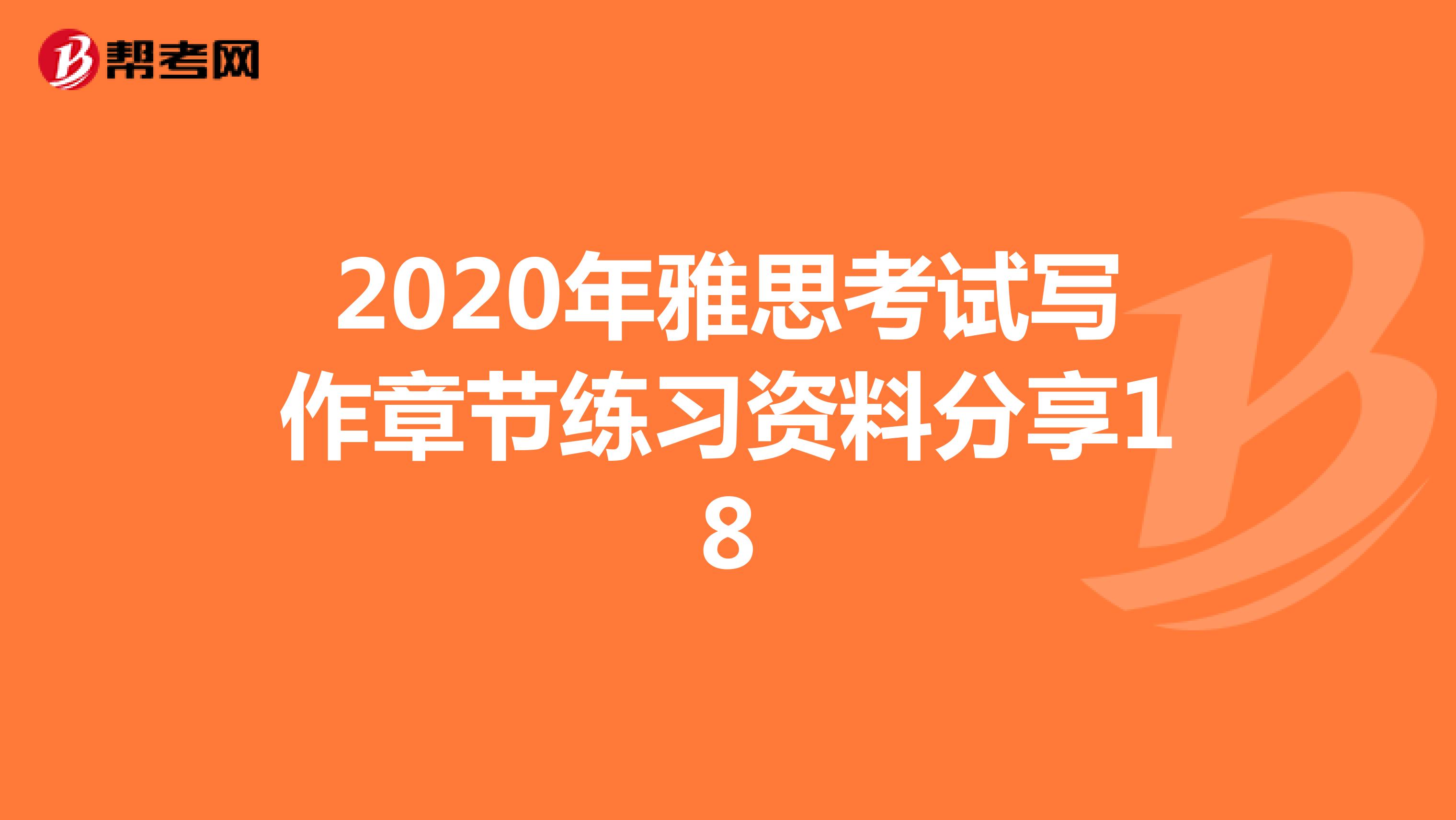
小伙伴们,雅思考试大家复习的怎么样了呢?下面是帮考网分享的雅思考试作文部分的复习资料,一起来看看吧!
雅思写作Task2社会类范文18:
Should parents be obliged to immunise their children against childhood diseases? Or do individuals have the right to choose not to immunise their children?
Model Answer 1:
Some people argue that the state does not have the right to make parents immunise their children. However, I feel the question is not whether they should immunise but whether, as members of society, they have the right not to.
Preventative medicine has proved to be the most effective way of reducing the incidence of fatal childhood diseases. As a result of the widespread practice of immunising young children in our society, many lives have been saved and the diseases have been reduced to almost zero.
In previous centuries children died from ordinary illnesses such as influenza and tuberculosis and because few people had immunity, the diseases spread easily. Diseases such as dysentery were the result of poor hygiene but these have long been eradicated since the arrival of good sanitation and clean water. Nobody would suggest that we should reverse this good practice now because dysentery has been wiped out.
Serious diseases such as polio and smallpox have also been eradicated through national immunisation programmes. In consequence, children not immunised are far less at risk in this disease-free society than they would otherwise be. Parents choosing not to immunise are relying on the fact that the diseases have already been eradicated. If the number of parents choosing not to immunise increased, there would be a similar increase in the risk of the diseases returning.
Immunisation is not an issue like seatbelts which affects only the individual. A decision not to immunise will have widespread repercussions for the whole of society and for this reason, I do not believe that individuals have the right to stand aside. In my opinion immunisation should be obligatory.
Model Answer 2:
The issue of whether we should force parents to immunise their children against common diseases is, in my opinion, a social rather than a medical question. Since we are free to choose what we expose our bodies to in the way of food, drink, or religion for that matter, why should the question of medical \'treatment\' be any different?
Medical researchers and governments are primarily interested in overall statistics and trends and in money-saving schemes which fail to take into consideration the individual\'s concerns and rights. While immunisation against diseases such as tetanus and whooping cough may be effective, little information is released about the harmful effects of vaccinations which can sometimes result in stunted growth or even death.
The body is designed to resist disease and to create its own natural immunity through contact with that disease. So when children are given artificial immunity, we create a vulnerable society which is entirely dependent on immunisation. In the event that mass immunisation programmes were to cease, the society as a whole would be more at risk than ever before.
In addition there is the issue of the rights of the individual. As members of a society, why should we be obliged to subject our children to this potentially harmful practice? Some people may also be against immunisation on religious grounds and their needs must also be considered.
For these reasons I feel strongly that immunisation programmes should not be obligatory and that the individual should have the right to choose whether or not to participate.
好了,以上就是今天分享的全部内容了,各位小伙伴根据自己的情况进行查阅,希望本文对各位有所帮助,预祝各位取得满意的成绩,如需了解更多相关内容,请关注帮考网!
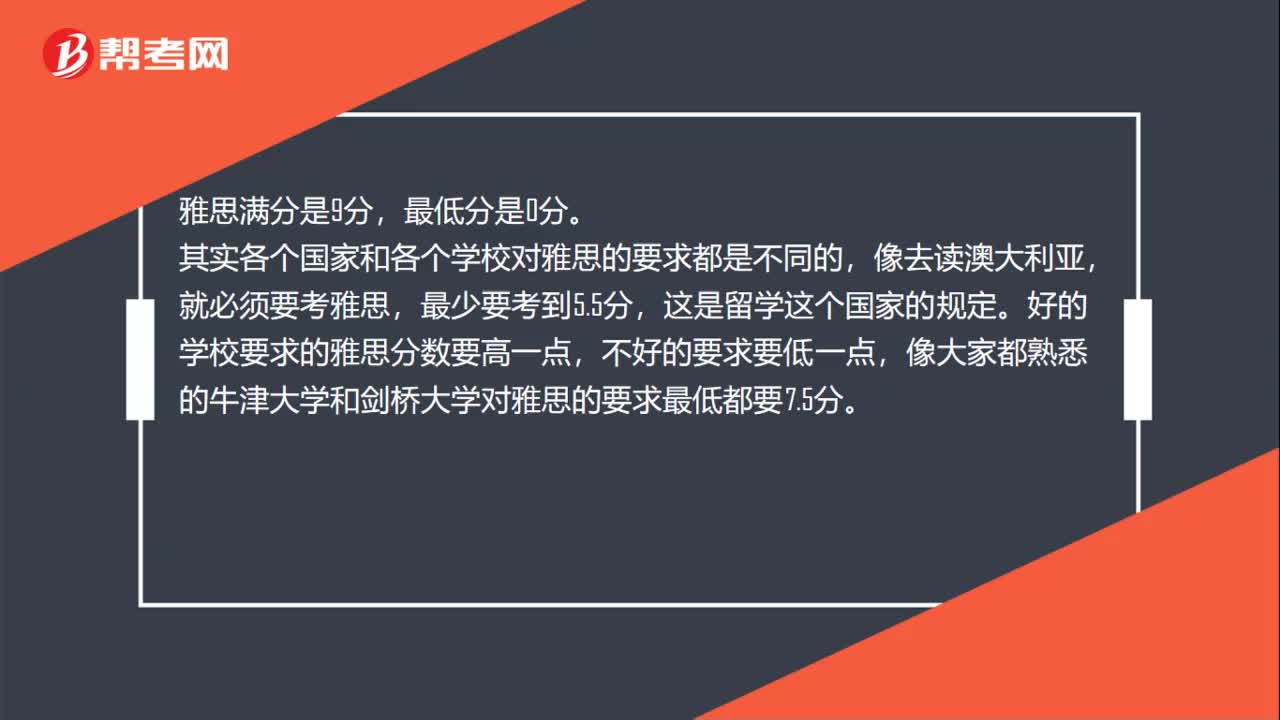 36
36雅思考试总分是多少?:雅思考试总分是多少?雅思满分是9分,最低分是0分。其实各个国家和各个学校对雅思的要求都是不同的,像去读澳大利亚,就必须要考雅思,最少要考到5.5分,这是留学这个国家的规定。好的学校要求的雅思分数要高一点,不好的要求要低一点,像大家都熟悉的牛津大学和剑桥大学对雅思的要求最低都要7.5分。
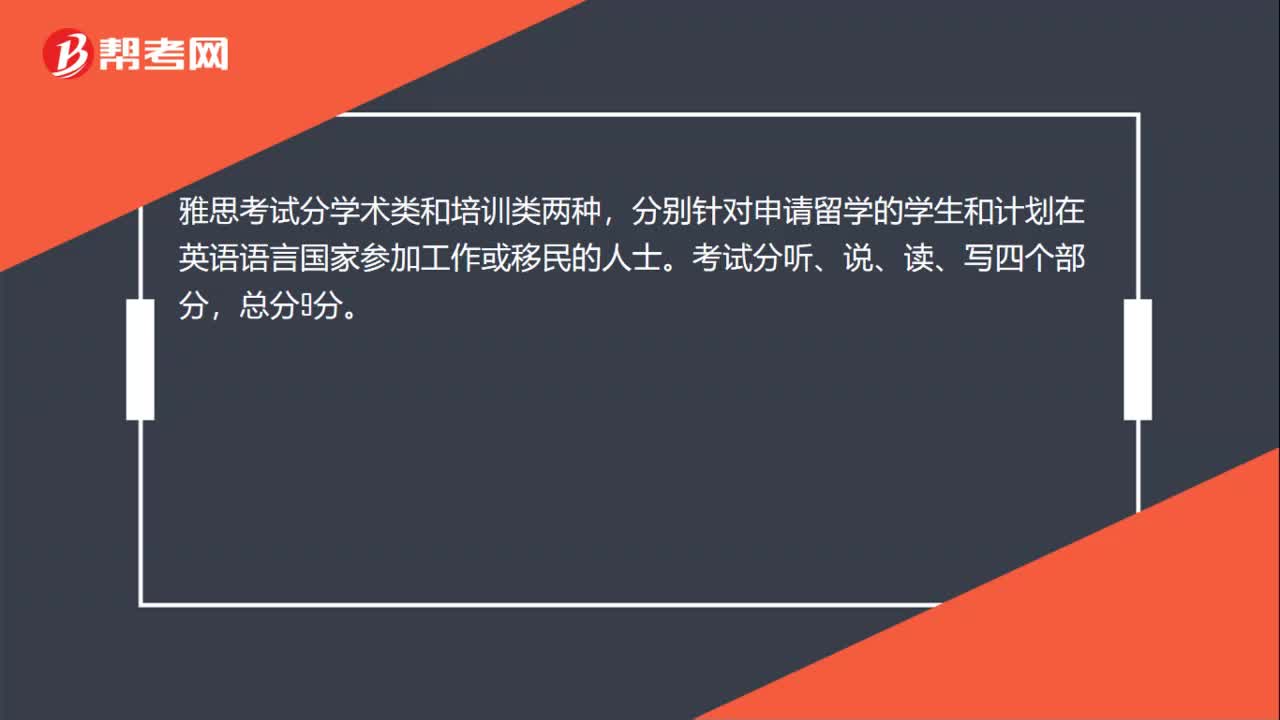 21
21雅思考试有几种类型?:雅思考试有几种类型?雅思考试分学术类和培训类两种,分别针对申请留学的学生和计划在英语语言国家参加工作或移民的人士。考试分听、说、读、写四个部分,总分9分。
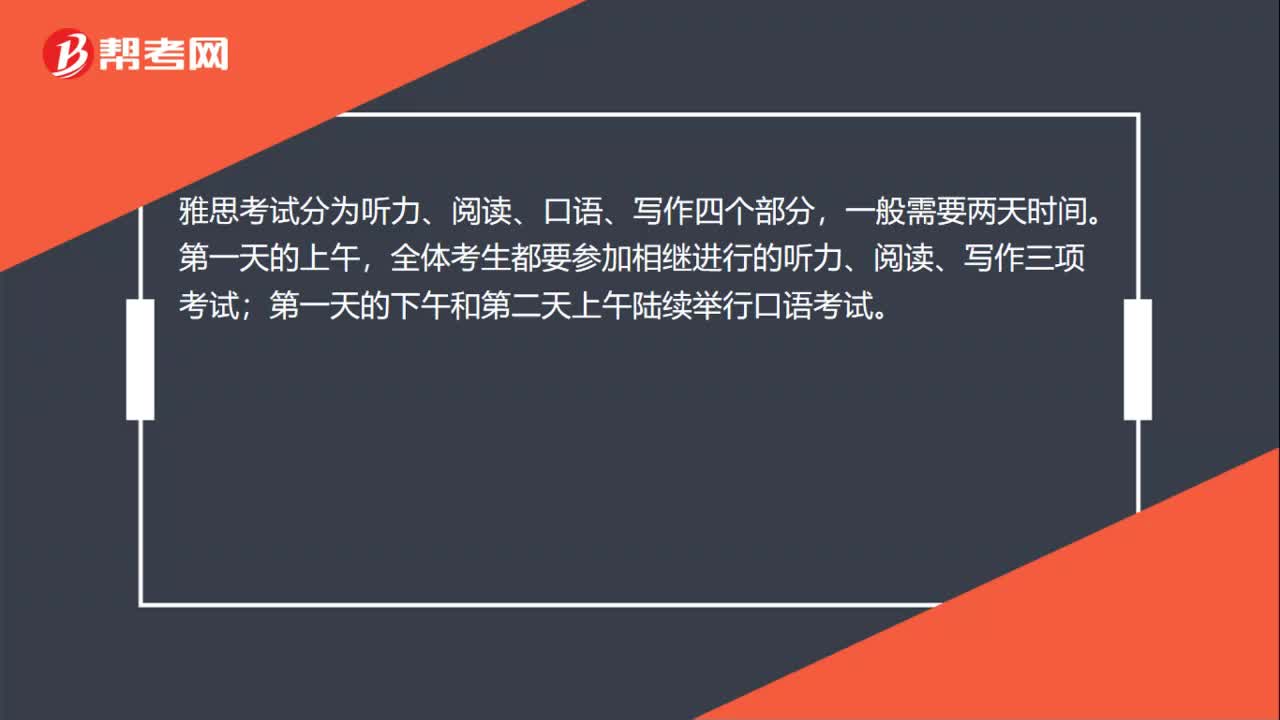 26
26雅思考试内容有哪些?:雅思考试内容有哪些?雅思考试分为听力、阅读、口语、写作四个部分,一般需要两天时间。第一天的上午,全体考生都要参加相继进行的听力、阅读、写作三项考试;第一天的下午和第二天上午陆续举行口语考试。
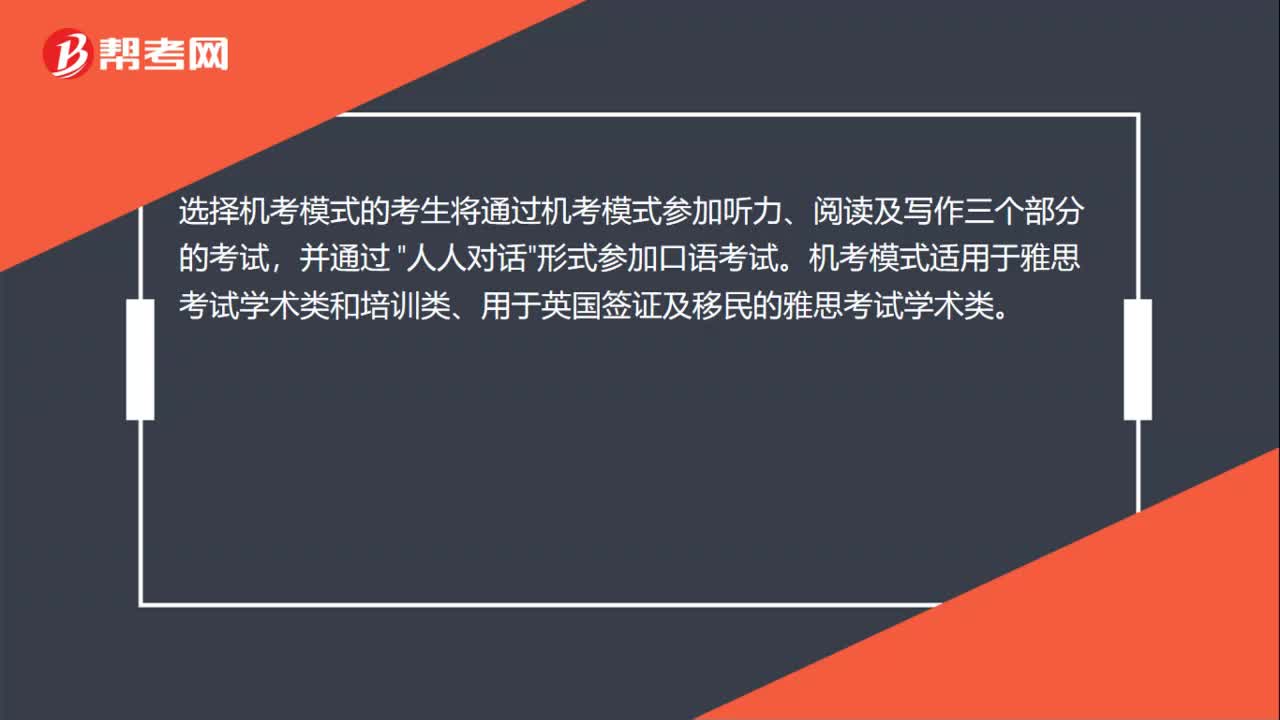 01:24
01:242020-06-01
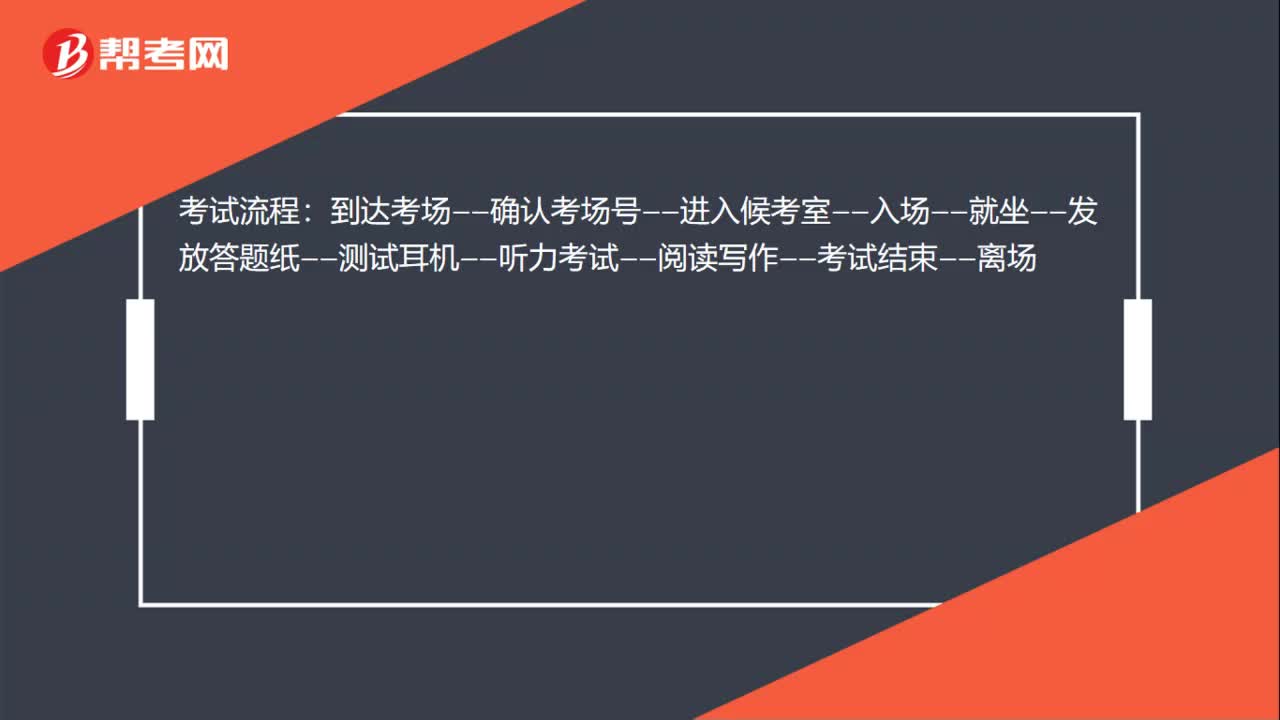 01:16
01:162020-06-01
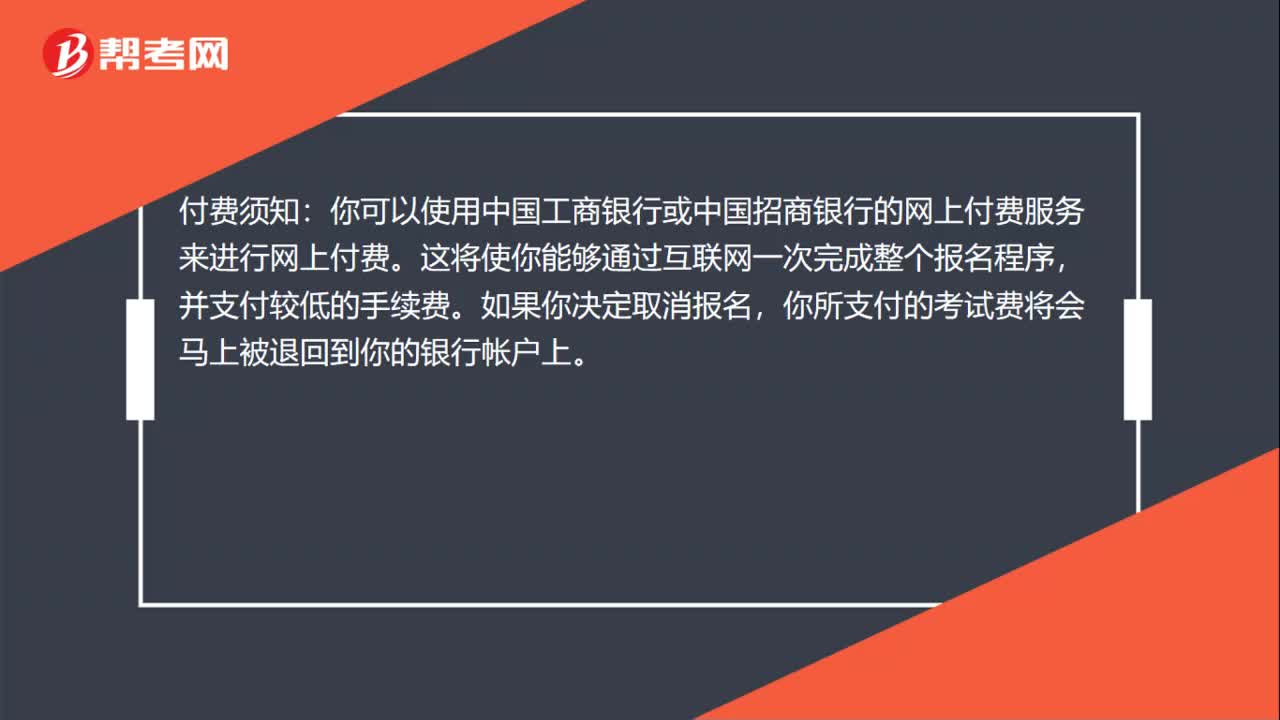 02:06
02:062020-06-01
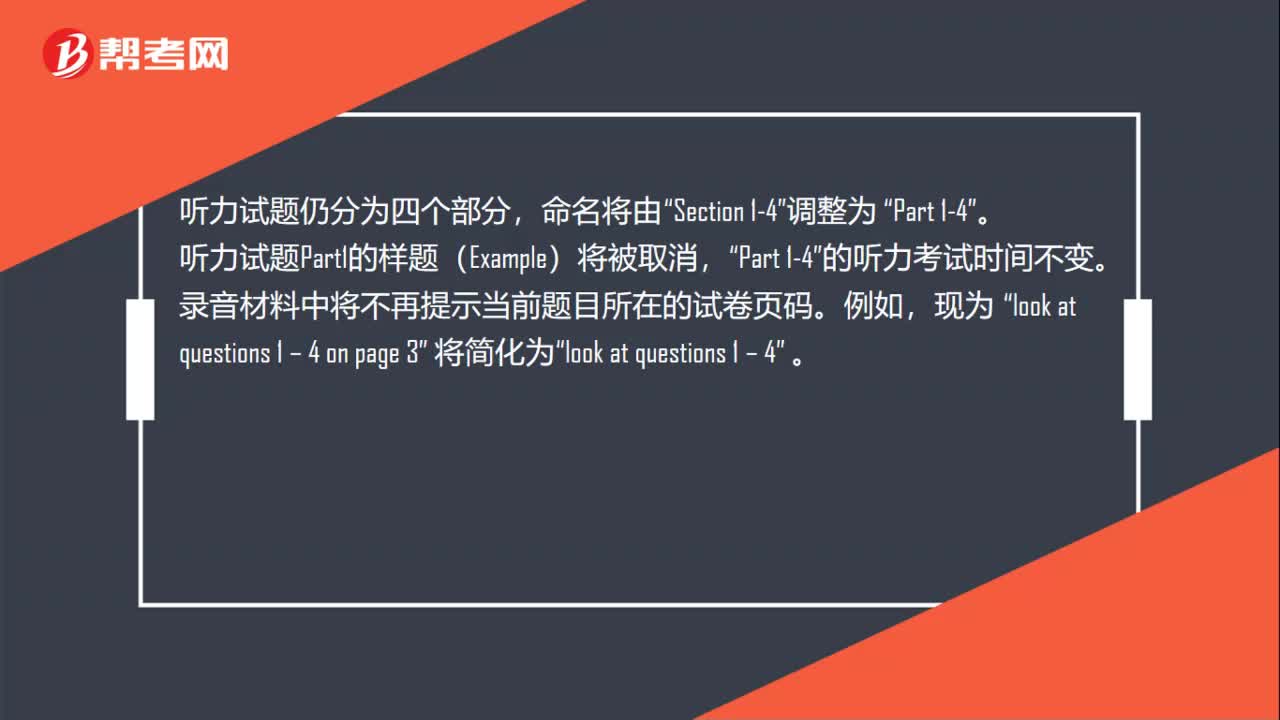 01:06
01:062020-06-01

微信扫码关注公众号
获取更多考试热门资料